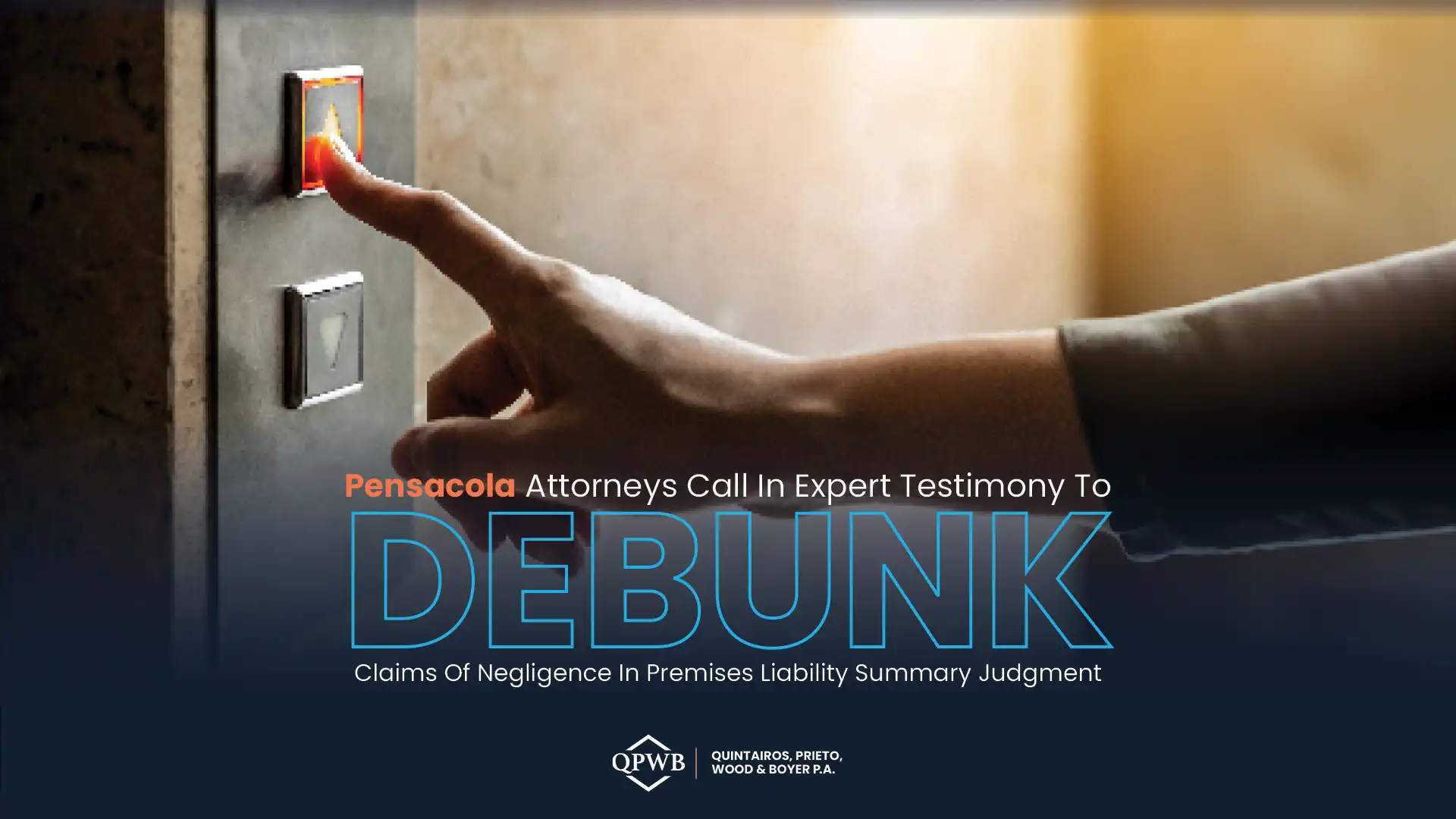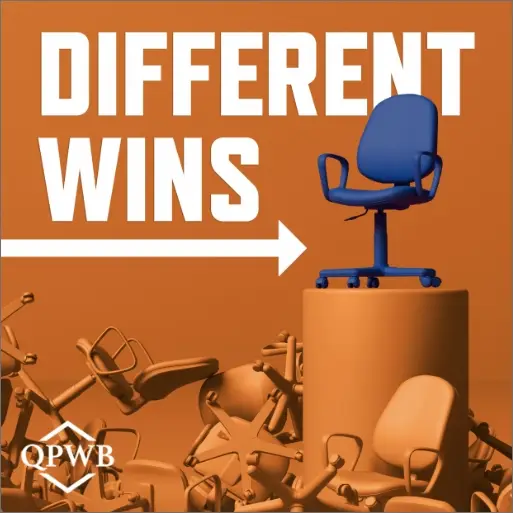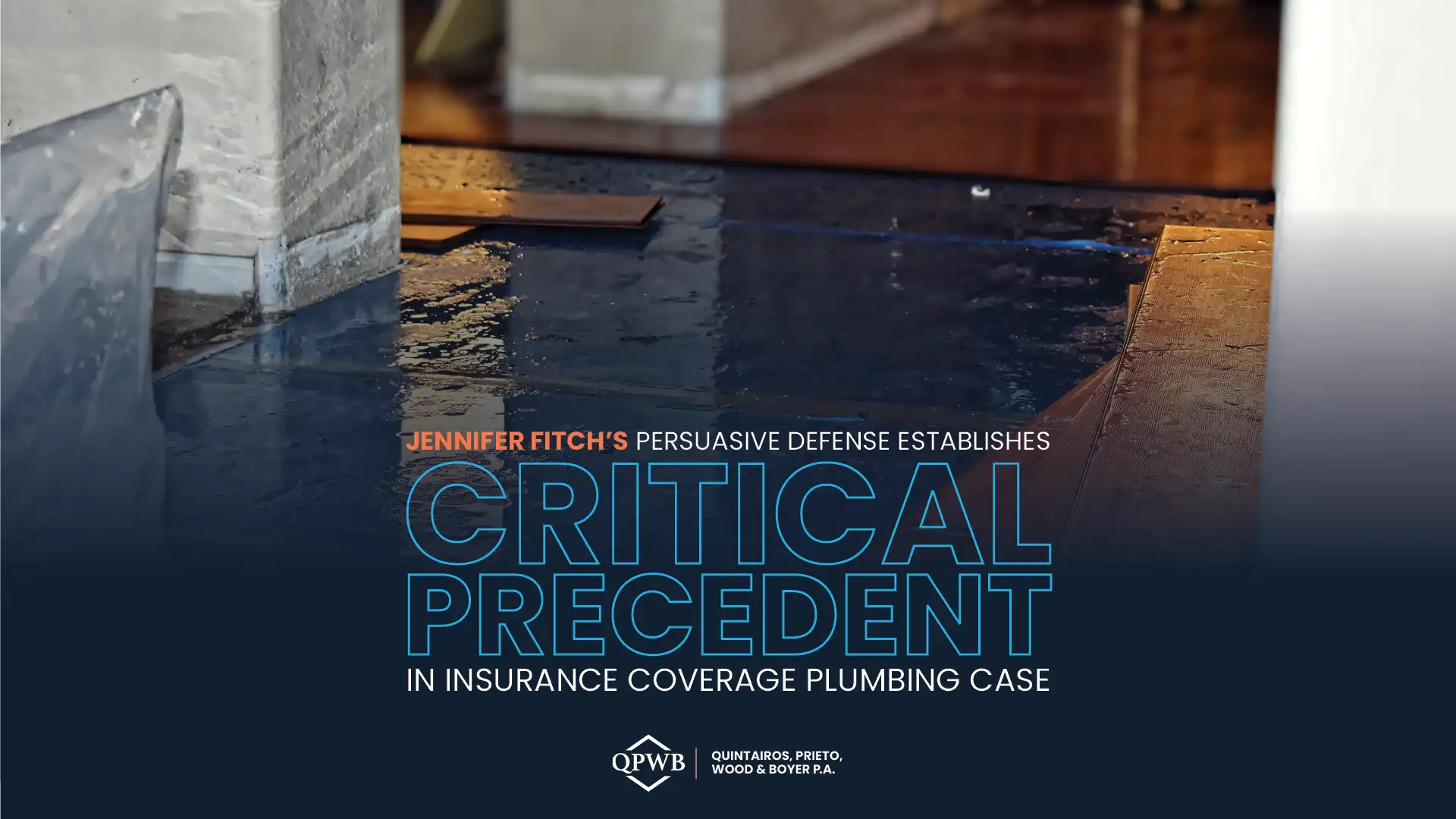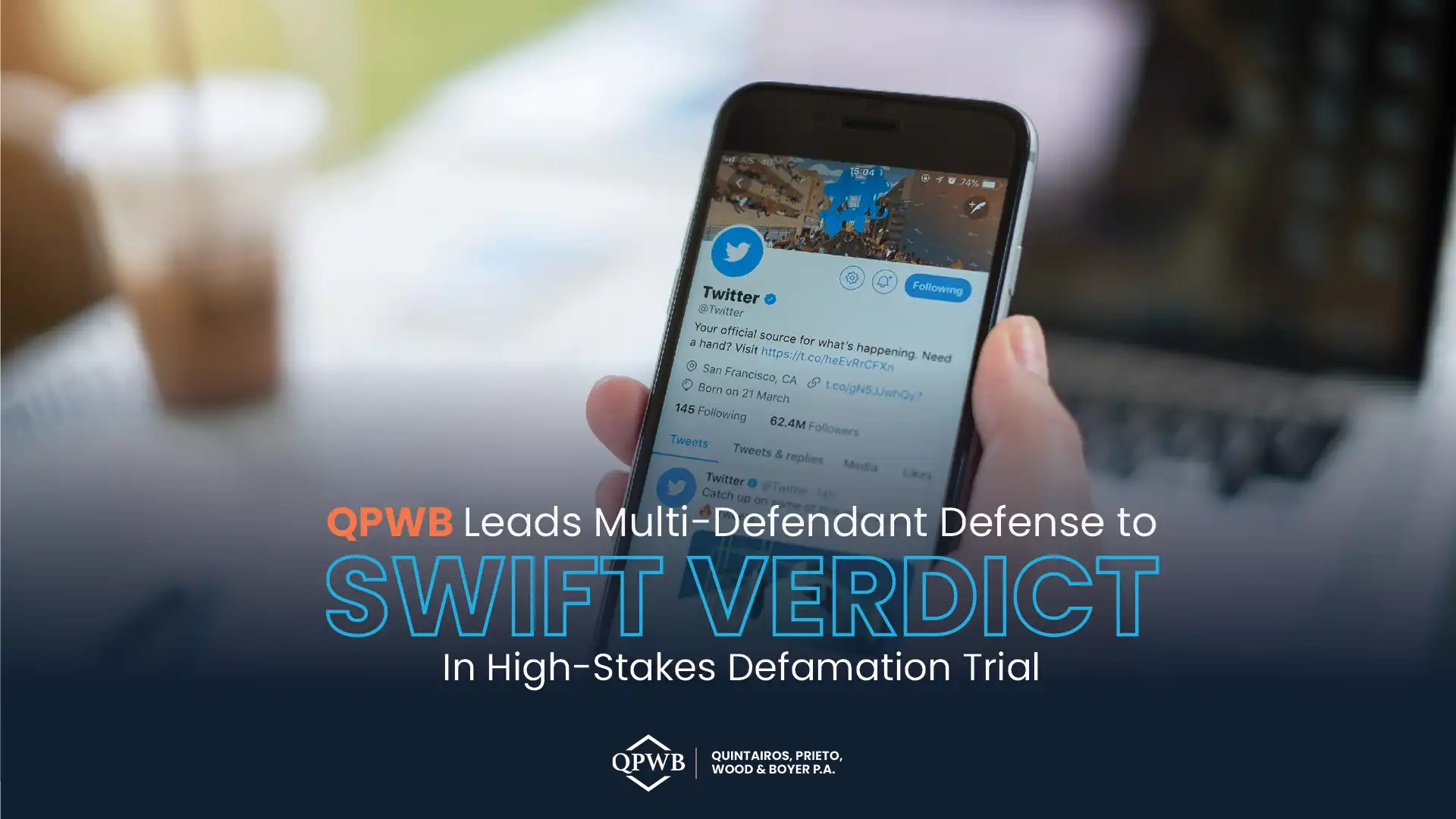26 April, 2024
Pensacola Attorneys Call In Expert Testimony To Debunk Claims Of Negligence In Premises Liability Summary Judgment
In: Verdicts
Comments: 0

Pensacola-Hub Partner, J. Andrew Talbert, and Associate Brian M. Norback's unwavering determination secured a victory by challenging the presumption of negligence per se regarding elevator inspection violations and introducing a novel legal theory regarding their client's ownership. This precedent-setting win establishes a framework for future premises liability cases involving elevator accidents resulting in personal injuries.
Overview of the Case
- Despite evidence of client's failure to inspect and certify the elevator, we achieved summary judgment, indicating a significant legal victory.
- Plaintiff sued for serious injuries after the elevator plunged 40 feet, suggesting high stakes in the case.
Key Difference-Makers
- Lead attorney, J. Andrew Talbert provided overarching guidance and direction, ensuring a cohesive and effective legal approach throughout the case, showcasing his leadership and expertise in complex litigation.
- Associate, Brian Norback meticulously identified and collaborated with fact and expert witnesses, pivotal in shaping our legal strategy.
- Paralegal, Debbie Shally's diligent efforts in securing trial witnesses and supporting trial preparations greatly bolstered our case, demonstrating the importance of our entire team's contributions.
Claims Made Against our Client
- Plaintiff's allegations centered on violations of Florida Statutes governing elevator inspection, testing, and certification, suggesting a clear legal basis for their claims.
- They accused our client of negligence per se and breaching common law duties, citing evidence of the elevator's potential danger, painting a compelling narrative for their case.
Defensive Strategy
- We skillfully argued that the mere violation of statutes didn't automatically amount to negligence per se, requiring a nuanced legal interpretation.
- By introducing expert testimony, we effectively demonstrated that even if compliance had occurred, it wouldn't have prevented the unfortunate incident, challenging the core of Plaintiff's argument.
- Challenging the sufficiency of Plaintiff's expert affidavit on proximate cause was critical in undermining the strength of their case.
- Contesting our client's ownership status, we raised a complex legal argument regarding the legality of the transfer, introducing a novel perspective to the case.
Impact on Final Outcome
- The court's order meticulously examined the evidence and highlighted the lack of a direct link between the violation and the incident, thereby supporting our proximate cause argument convincingly.
- While not the primary basis for the ruling, the ownership issue significantly contributed to the overall strategy, adding depth to our defense.
- By addressing potential grounds for appeal, we strategically positioned the order to withstand further legal challenges, showcasing the foresight in our legal approach.
Predicting the Future
- Our success in attacking proximate cause emphasizes a potentially effective strategy in future cases with similar complexities, offering insights for legal practitioners.
- The arguments surrounding the illegal transfer highlight broader legal implications that may shape future litigation in related areas, indicating a proactive approach to emerging legal challenges.
About QPWB
Quintairos, Prieto, Wood & Boyer, P.A., is the largest minority and women-owned law firm in the nation with jurisdiction in 45 states and territories in the U.S. allowing us to serve a broad spectrum of industries with over 100 areas of practice. Our lawyers provide representation for businesses and their leaders in litigation, regulatory, and corporate matters.




